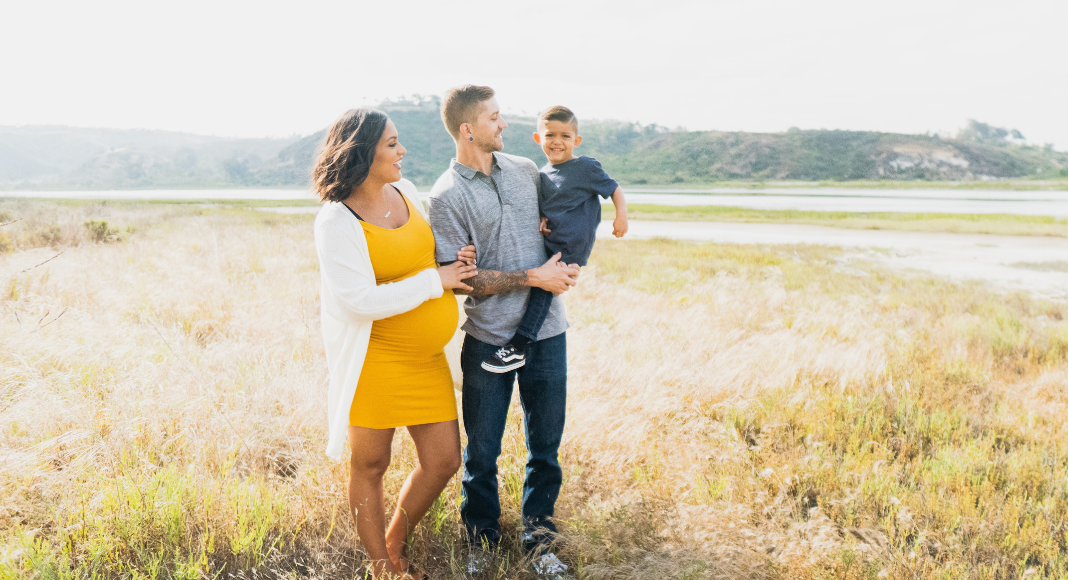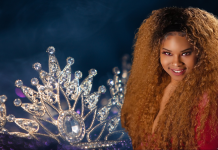I am a white woman married to a black man and currently raising a biracial child that is six years old. Parenting any child comes with struggles but when you factor race and cultural differences into the mix, it can become even more challenging. Here are the things that have helped us along the way that I think are important in raising a child who is biracial. There are many MORE and I’m happy to have you add to the list in the comments below.
Have books with people of color (POC).
From the day she was born, we have been accumulating books. A lot of classics line our shelves but we also have newer books with black and biracial heroines. Representation is SO important. Our good friend and librarian, Jamie Garcia, helped us navigate this from the start and we have made sure to curate a bookshelf full of diversity. One tip that Jamie shared, which I loved, was to make sure to have books with POC being the hero or the everyday adventurer. Having a bookshelf full of books about overcoming slavery and Jim Crow is important, but it’s also just as important that kids see themselves in everyday characters who save the day or win the big game, who struggle to make friends but persevere, who learn new skills or take up new hobbies. Once again, representation matters in all forms.
Know how to do curly hair.
As a white woman with long straight hair, my daughter’s curly locks were new to me. I have tried my best from day one to learn everything I needed to know about caring for curly hair and to teach her as we go. If you are raising a child with a different hair texture than you, it’s your responsibility to learn how to do their hair. I was lucky enough to be friends with multiple black women and family members who have helped us along the way, and her father has helped as well. Doing her hair is a chance to bond and grow together, and I am now very thankful to do just that.
Have a diverse friend group.
We have a wonderfully diverse group of friends and family. Black, Latino, Asian, etc. We have made sure to include a wide variety of races and cultures in our friend circle long before our daughter came along. We want to raise her in an environment that is full of diversity. It’s one of the many reasons we relocated to Dayton eight years ago. We were living in a small rural farm town previously that was nowhere near as diverse, but we knew we wanted to raise our family around diversity and culture so we relocated. She currently attends school where the majority of her teachers and classmates are people of color and the curriculum is very diverse. We wanted this to be her normal.
Learn black history.
Expose yourself to black artists/poets/writers/musicians. Everyone knows MLK Jr. and Rosa Parks, but if that’s as far as your black history education goes, it’s time to branch out. Learn about James Baldwin and Nina Simone, and find out about Toni Morrison and Ida B. Wells. The list of amazing black figures in history (and current times) is endless. In order to educate and expand your child’s mind, you have to expand your own. We weren’t taught about a lot of black success stories in school, so make a point of educating yourself about them now, and in turn, sharing those with your child.
Understand systemic racism and how it will affect your child.
While they are young, it may seem like you can always protect them, but your white privilege will not extend to them as they grow. Understanding the struggles they may encounter is crucial. Pretending that it doesn’t exist isn’t an option if you have a child of color. Color blindness isn’t a thing – everyone sees color! Having “the talk” about systemic racism, micro-aggressions and police brutality is necessary. If you can not accept that these things happen, you have no business raising a child of color.
I could expand on this list endlessly, but as you will notice, almost none of these items have anything to do with my child; they have everything to do with me. Educating myself is where the whole story begins. Making sure I am aware and surrounded by diversity and culture is the first step to raising my biracial child to fully understand who she is. I am thankful to have a wonderful family and support system full of diversity to help us along the way.















